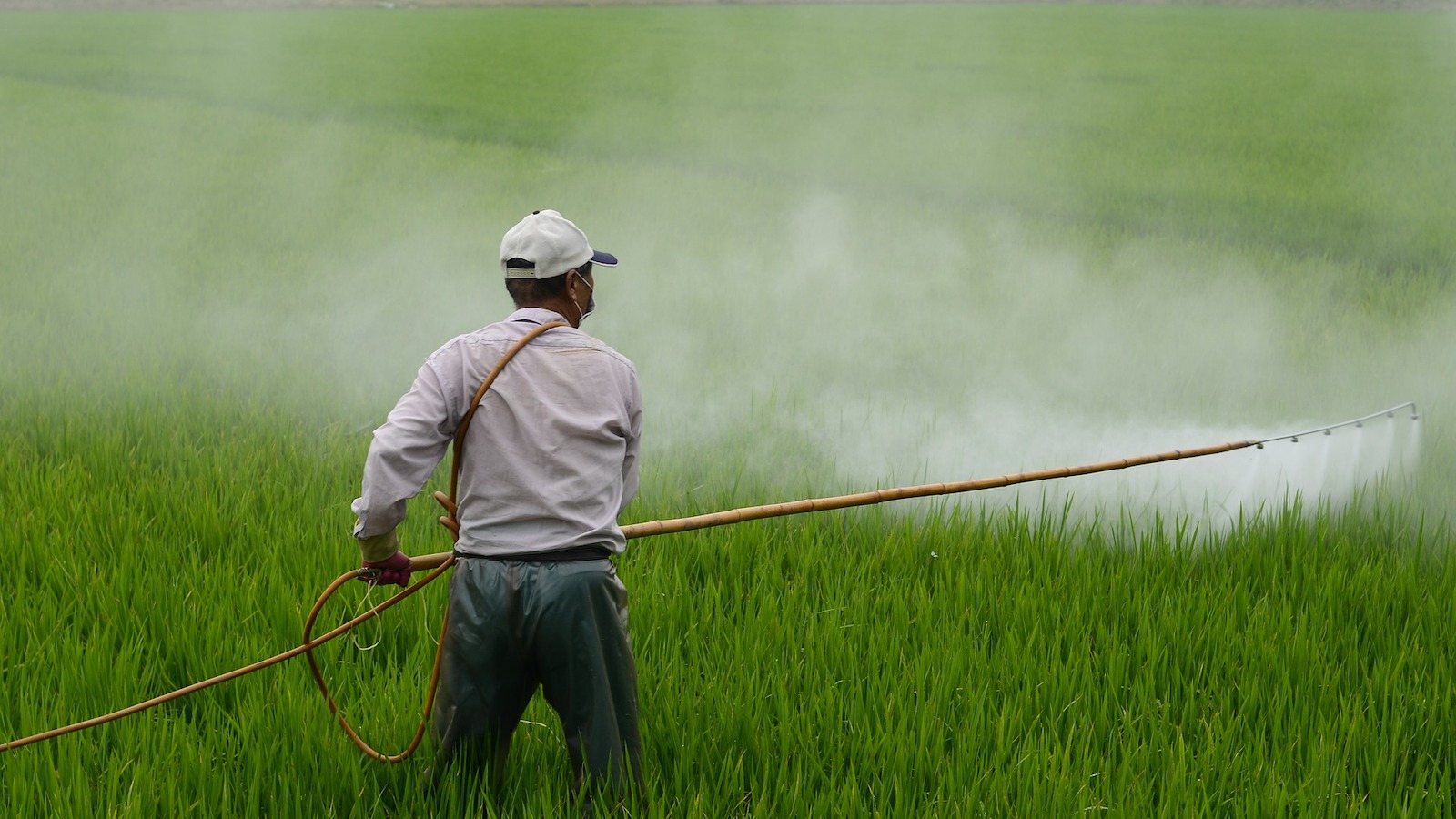What is acephate?
Acephate is an insecticide used to kill pests on crops. It works by interfering with signals sent between nerve cells. Maybe that’s okay when dealing with pesky insects — but it definitely is not what we want to happen to kids.
Pesticide residue on food carries the risk of exposing anyone who eats it to dangerous chemicals. This can be especially harmful to children. That’s why the European Union banned acephate more than 20 years ago, and why the EPA has had restrictions on it for years.
But a recent report reveals that instead of continuing to limit acephate, the EPA instead proposes that more of it should be allowed to remain on the food our kids eat – up to ten times more.
This proposal will allow more toxic pesticides on the food we eat
The last thing we need is more dangerous pesticides on foods we often pick as healthy options for our families – but if the EPA’s proposal to relax restrictions becomes finalized, even more of this chemical will be allowed to make it from crop fields to our kitchen tables.
Celery, tomatoes, cranberries and other fruits and vegetables are all commonly grown with acephate. As much as 12 million pounds of acephate were used on soybeans, Brussels sprouts and other crops in 2019. When kids eat their fruits and vegetables, they shouldn’t be put at risk of consuming a dangerous chemical.
Why is the EPA considering a proposal to allow more acephate use on crops?
Acephate has been linked to neurodevelopmental disorders, including hyperactivity and lower IQs in children, so why is the EPA considering a proposal that would allow more of it to be used?
The EPA’s proposal to allow more acephate on food is based on a new kind of testing. The tests examine the impact of the chemical on disembodied cells, not whole lab animals. This has led some scientists to worry that the results of these new tests don’t accurately represent the impacts of acephate on an actual child’s brain.
The fact is, we shouldn’t allow our kids to be exposed to any dangerous chemicals unless and until they are proven completely safe.
Take action to convince the EPA to maintain strong restrictions on this toxic chemical
There are safer ways to grow our food that don’t put kids’ health at risk.
The EPA’s proposal to lift restrictions on acephate could be finalized later this year. That’s why we need to send as many messages as possible to the agency now, urging it to put kids’ health first and keep strong restrictions on acephate in place.
Add your name to protect kids from toxic pesticides:
